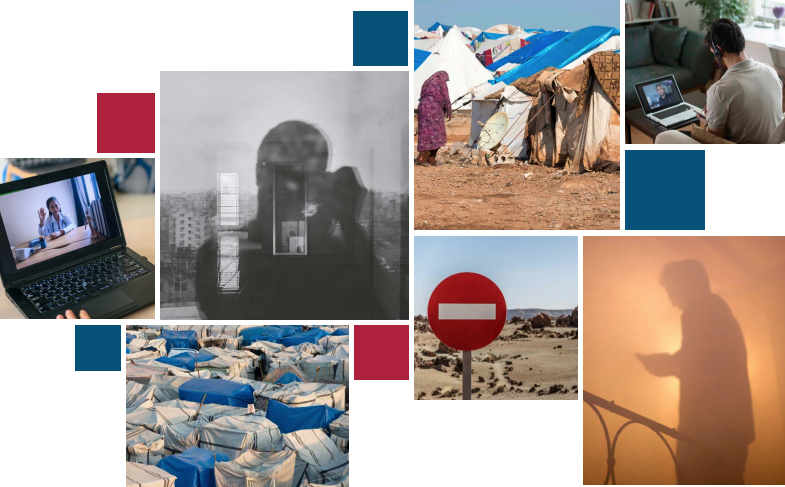
‘We’re not doing it just for the sake of fact-finding, we’re doing it for the sake of actually pushing action and also to give victims a voice.’ – Michael Kirby
‘If it was your mother, your son, your daughter, your brother… on the other end of that internet connection, how much care would you want the investigator to be taking before they contacted them? And that’s how much we should take… Just because you can [interview someone remotely], it doesn’t mean you should.’ – Philip Trewhitt, Executive Director of the Institute for International Criminal Investigations (IICI).
Thank you to everyone who participated in the PIAC/ IICI webinar on conducting remote and restricted access interviews for human rights and international criminal investigations.
This webinar marks the official launch of PIAC’s and IICI companion guides on remote and restricted access interviewing.
We are particularly grateful to panellists Mohamed Kheir, Erin Gallagher, and Shuvai Busuman Nyoni, as well as The Hon Michael Kirby AC CMG, who delivered the opening address.
Introducing the webinar, PIAC’s Truth and Accountability Program Director, Daniela Gavshon, said that the guidelines were needed because of increasing restrictions on travel to the sites of alleged violations.
‘Over two-thirds of recent investigations established by the UN have been denied access to the relevant country, or have faced significant access restrictions,’ said Daniela Gavshon. ‘The increasing lack of access to countries, coupled with the advent of technology has meant remote interviews are being considered more and more. Despite this, it is an issue that until now, had not benefitted from clear public guidance.’
‘Emily Rice and I wrote this guide to fill this gap; to ensure that the testimony of witness-survivors can be collected using proper processes and protocols, and in a safe, trauma-informed and survivor-centric way.’
Mahomed Kheir, Lead Investigator for the UN Independent Fact-Finding Mission on Libya, outlined some of the current challenges for international investigations, such as government hostility and restrictions on travel and access because of the COVID-19 pandemic.
Mr Kheir highlighted the ethical questions the pandemic raises for investigators visiting densely populated refugee camps, where an outbreak caused by an investigator visiting from abroad, could be catastrophic.
Erin Gallagher, who is a criminal investigator at the International Criminal Court, outlined the issues she considers when planning remote interviews and the preconditions that need to be there in order to conduct them.
She commented that it is important to consider who is left out of an investigation, as well as who is included.
‘Whether it’s because they don’t have…(access to) technology or internet, or phones, or their remoteness, or their socioeconomic background; there could be gender cultural barriers, or disabilities, that affect people’s ability to be heard,’ said Erin Gallagher.
‘When we are selecting who we interview we might be eliminating some very good potential witnesses and therefore information, as part of our investigation.’
Gender advisor and investigator for sexual and gender-based violence, Shuvai Busuman Nyoni, stressed the importance of understanding the impact that participating in an investigation can have on the lives of survivors.
‘I think the critical thing is around building trust and working with communities, in a context where people are highly traumatized, and where the source of their fear or insecurity is constant,’ said Shuvai Busuman Nyoni.
‘When we intervene in such an intense situation we are dealing with all of those dynamics, which are happening at the same time.’
Concluding the session, Phillip Trewhitt and Daniela Gavshon said they hoped these companion guides and the webinar marked the start of more discussion on the topic and greater sharing of lessons learned. A key message of both PIAC and IICI’s publications is that where remote interviews are considered, they should always be undertaken in accordance with remote-interview specific policies, procedures, plans and expert advice, including trauma and security experts.